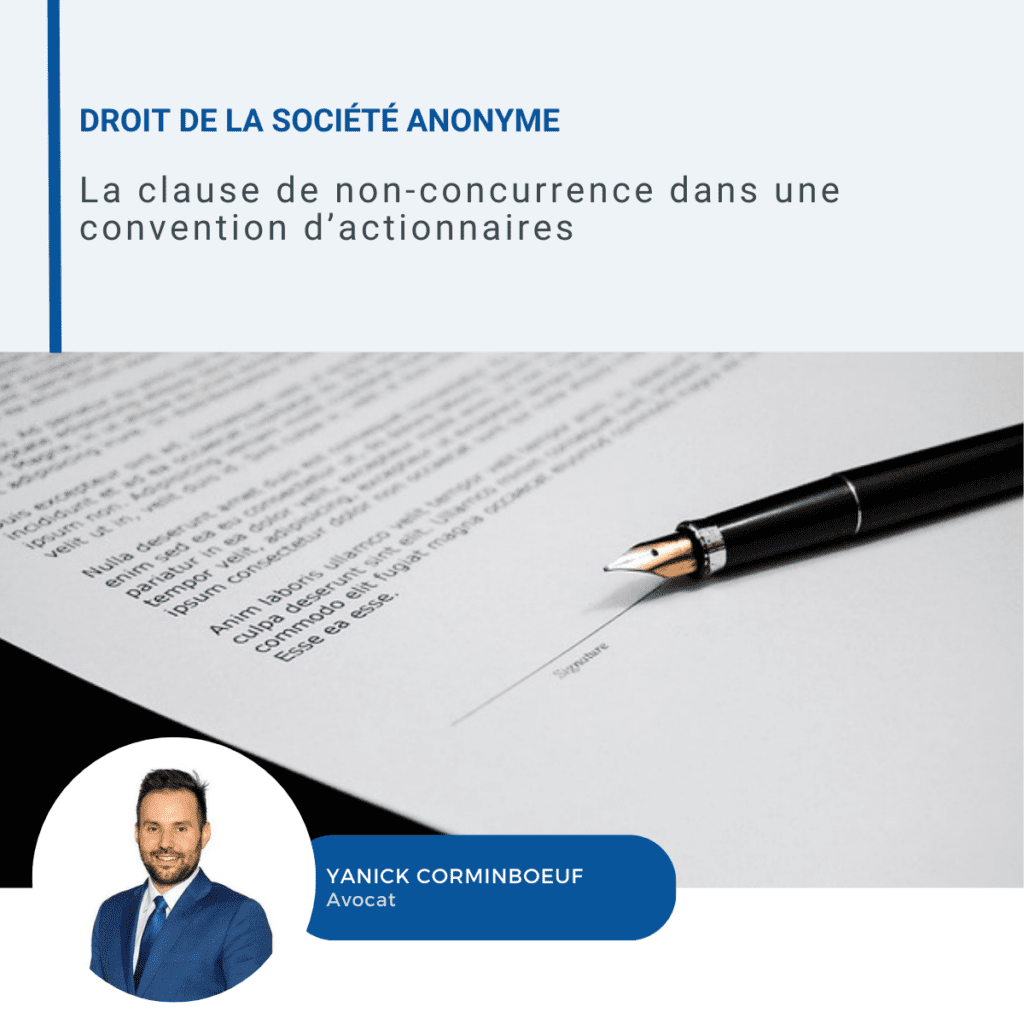Simultaneous Registration of an ordinary share capital increase and a Capital Band: What is the correct sequence to follow?

The Swiss Federal Commercial Registry Office (FCRO) published its Communication FCRO 1/25 on 7 April 2025, providing clarification for practitioners. The capital band, introduced by the corporate law reform (articles 653s et seq. of the Swiss Code of Obligations) that came into force in 2023, offers corporations a new tool for flexible financing. The upper […]
Share Transfers in Light of New Measures Against Fraudulent Bankruptcies: Progress and Limitations

The Federal Act on Combating Fraudulent Bankruptcies and the amendment to the Commercial Register Ordinance came into force on January 1, 2025. These new rules aim in particular to better regulate the transfer of shares in so-called “shell” companies and to strengthen the supervision by the commercial register offices. They codify certain principles established by […]
Beware of non-payment of social insurance contributions!

In a previous article of April 2022, the undersigned author warned individuals representing a company that is an employer against the company’s non-payment of employees’ social security contributions. Indeed, according to the LAVS, in the event of non-payment of social security contributions, if the employer is a legal entity, its directors, as well as all […]
The non-competition clause in a shareholders’ agreement

Introduction In public limited companies (SA/AG), the shareholder’s only obligation is to pay up the subscribed capital (art. 680 CO). Unlike the law governing limited liability companies (Sàrl/GmbH), the law governing public limited companies does not provide for the possibility of subjecting shareholders to a prohibition on competing with the company. The law only lays […]
Defects in the organization of a public limited company (art. 731b CO) – how to avoid this pitfall and/or remedy a deadlock situation

In many of Switzerland’s smaller limited companies, annual general meetings are not held on a regular basis. In fact, it is not uncommon for a general meeting not to be held for two or three consecutive years. What happens in such a case if the company’s articles of association stipulate that members of the Board […]
The transfer of capital contributions in a limited liability company and its particularities

Introduction According to data from the Swiss Federal Statistical Office, Switzerland had a total of 129,451 limited liability companies, compared with just 122,235 public limited companies (August 24, 2023). In other words, the number of limited liability companies has exceeded the number of public limited companies. It is therefore important for both lawyers and professionals […]
Seizing a debtor’s assets in Switzerland while applying for the exequatur of a foreign judgment against the same debtor – a rapid and effective means available to creditors under Swiss law

Under Swiss law, a creditor who benefits from a foreign judgment in his favour may sequestrate the debtor’s assets located in Switzerland in order to secure the claims recognised in the judgment. It is also possible to obtain exequatur beforehand, which is sometimes overlooked. A. Receivership If a creditor’s rights are threatened, he can take an […]
The general meeting by circular resolution (art. 701 para. 3 CO) under the new Swiss Company Law

1. Introduction Since the new Swiss Company Law on public limited companies came into force, Article 701 para. 3 of the Swiss Code of Obligations (“CO”) (or Art. 805 para. 5 no. 5 CO in conjunction with Art. 701 para. 3 CO for limited liability companies) provides for the possibility of holding a general meeting (but […]
Golden Shares -> a possibility under Swiss law?

1. Introduction Golden Shares were historically used by states in the 20th century to maintain control over formerly state-owned companies, in particular to prevent other states from acquiring control over these companies. Golden shares are still used in most Asian countries (notably China). This term has become generic to designate preferred shares in relation to others […]
In the event of voluntary liquidation of the company, who decides? The liquidator or the Board of Directors ?

The general meeting of shareholders of a public limited company may decide to terminate the company by voluntary liquidation outside bankruptcy. This decision must be taken in authenticated form (736 CO). It is the sole responsibility of the General Meeting (736 CO) and requires at least a two-thirds majority of the votes attributed to the […]